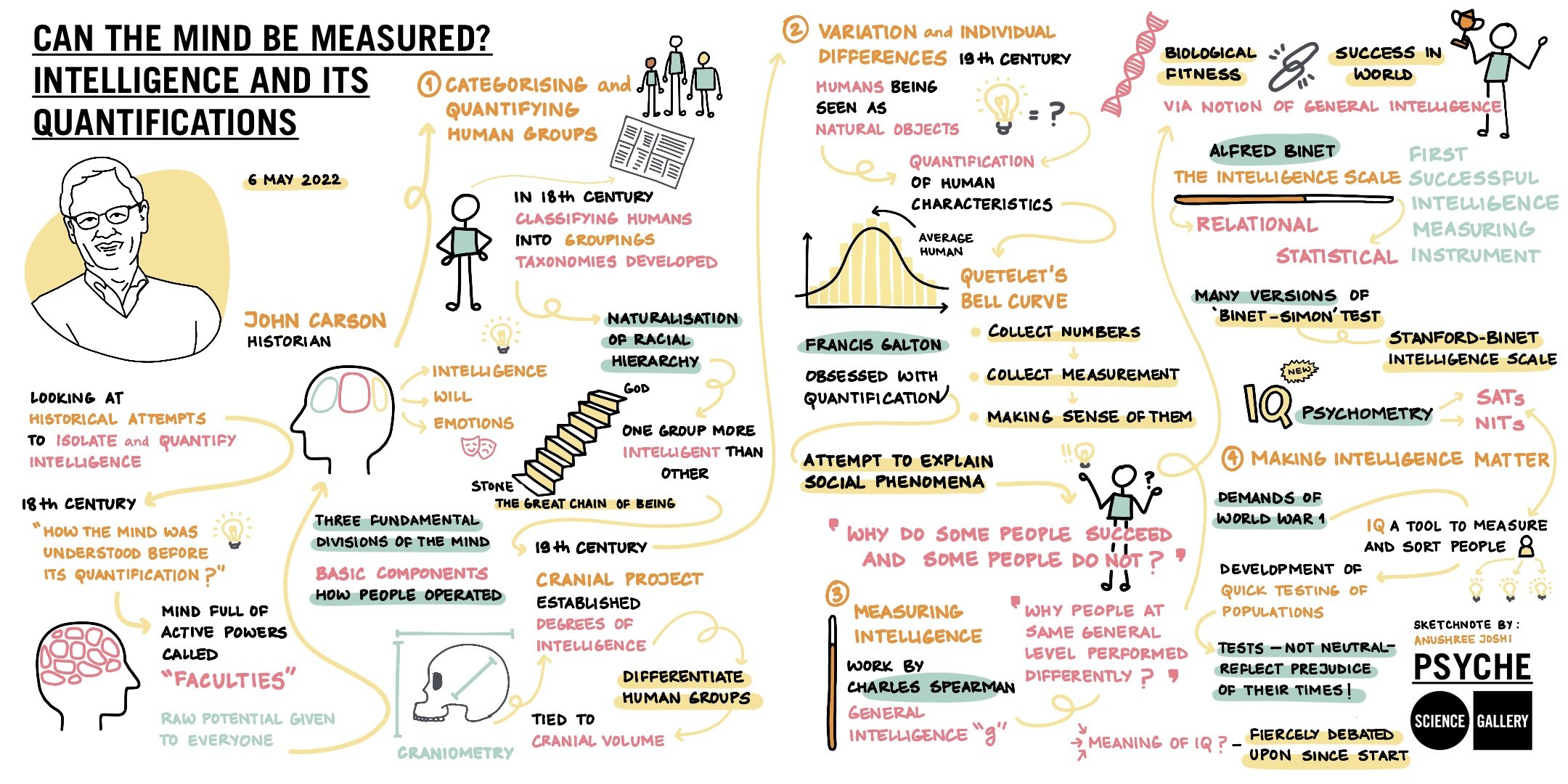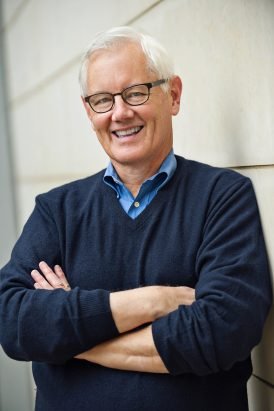Can the Mind be Measured? Intelligence and Its Quantifications
In 1904, French psychologist Alfred Binet was appointed to a ministerial commission investigating the problem of children lagging in school. Binet’s approach was to turn to the psychological laboratory to create an instrument that might differentiate unambiguously those who were of subnormal intellect from those not. A year later, in partnership with physician Théodore Simon, Binet unveiled their first intelligence scale, which when revised in 1908 became the precursor of all modern intelligence measuring instruments.
This proliferation of modern intelligence tests can make it seem almost inevitable that intelligence would be and should be measured. And yet, examined historically, quantifying intelligence is a recent trend. In this lecture, John Carson explored the historical attempts to isolate and quantify ‘intelligence’. In particular, he examined how the concept of intelligence as a measurable individual attribute emerged out of a confluence of developments in craniometry, statistics, and “scientific” psychology, which drew upon and sustained racial, ethnic, and social hierarchies.
About the Historian of Science
John Carson is an Associate Professor of history at the University of Michigan and has been teaching there since 1998. Carson works primarily in the fields of U.S. cultural/intellectual history and history of the human sciences from the mid eighteenth to the mid twentieth centuries. His 2007 book, The Measure of Merit: Talents, Intelligence, and Inequality in the French and American Republics, 1750-1940 (Princeton: Princeton University Press), tells the story of how two new democratic republics dedicated to some version of equality turned to understandings of human nature to reinstitute inequality on a new, seemingly more ‘rational’ footing.





